Exploring Marine Monitors: A Comprehensive Guide
Marine monitors are specialized displays designed for the unique environment of the maritime industry. These robust pieces of equipment are engineered to withstand the harsh conditions at sea, providing essential information to mariners for navigation, control, and entertainment purposes. This category encompasses a variety of products, from marine display monitors to marine touch screen monitors, each tailored to meet specific on-board requirements.
Types of Marine Monitors and Their Applications
Within the marine monitor category, there are several types to consider. The marine computer monitor is a staple for navigation and bridge systems, offering clear visuals even in bright sunlight. For those needing to keep track of their vessel's power systems, a marine battery monitor or boat battery monitor is indispensable. These devices provide real-time data on battery health, ensuring that all systems remain operational during a voyage. Entertainment isn't neglected either, with marine touch screen monitors serving as interactive displays for media and control within living quarters.
Features and Materials of Marine Monitors
Marine monitors are built with durability in mind. A waterproof monitor for boat use is a common requirement, ensuring that the device can handle splashes and humidity. The materials used in these monitors are corrosion-resistant, capable of withstanding saltwater exposure. High-brightness screens and anti-glare coatings are also critical features, allowing for visibility in the bright offshore environment.
Advantages of Using Specialized Marine Monitors
The advantages of using a dedicated marine screen over a standard monitor are numerous. These devices are designed to provide reliable performance in dynamic marine conditions, where temperature fluctuations and moisture are constant challenges. The integration of technologies such as the Furuno monitor or Simrad monitor systems ensures compatibility with advanced marine equipment, enhancing the functionality of the vessel's electronic suite.
Selecting the Right Marine Monitor for Your Vessel
Choosing the correct marine monitor requires an understanding of the vessel's needs. For instance, a marine battery meter is crucial for long-distance cruisers to monitor their power consumption. In contrast, a drive lube monitor Mercruiser might be more relevant for engine maintenance tasks. When considering a monitor for fishing activities, options like a trolling motor battery monitor become valuable for managing auxiliary equipment.
Conclusion
Selecting the appropriate marine monitor is a critical decision for any maritime operation. From the robust waterproof marine display to the intricate bep battery monitor, each component plays a vital role in the safety and efficiency of a vessel. Prospective buyers should assess their specific needs and explore the range of options available to ensure seamless integration and optimal performance at sea.

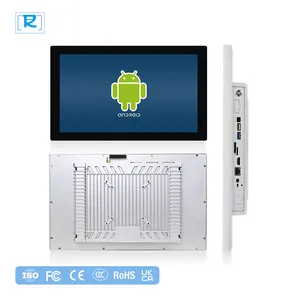




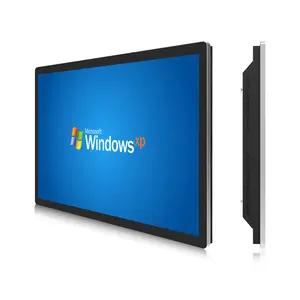





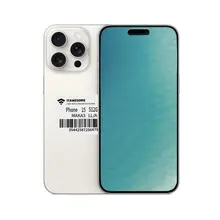

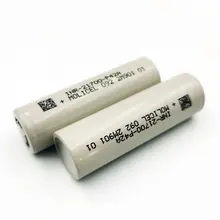





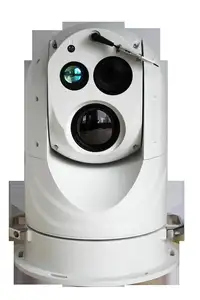
























 浙公网安备 33010002000092号
浙公网安备 33010002000092号 浙B2-20120091-4
浙B2-20120091-4